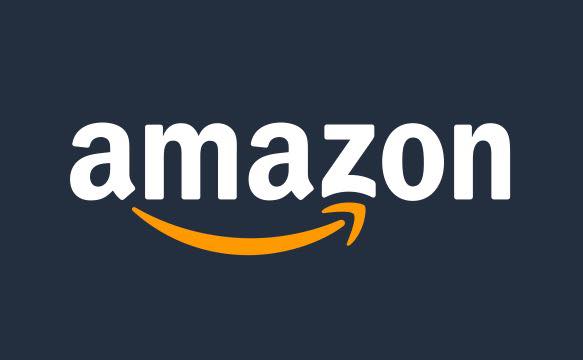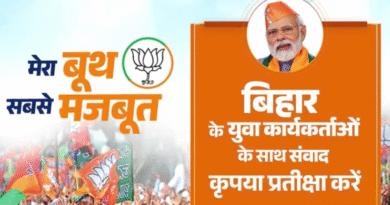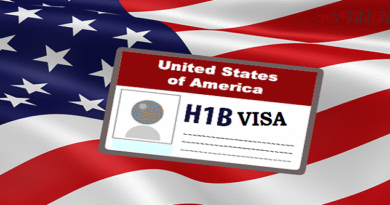US Imposes $100,000 Annual H-1B Fee: Tech Giants Urge Workers to Rush Back Before Deadline
Trump’s Order Sparks Chaos for Indian Tech Talent, with Skyrocketing Fares and Mid-Flight Deboardings
New Delhi, September 20, 2025 – In a dramatic escalation of immigration reforms, President Donald Trump has signed an executive order mandating a staggering $100,000 (about ₹88 lakh) annual surcharge on H-1B visa applications, effective from September 21, 2025. The move, aimed at tightening controls on foreign skilled labor, has triggered urgent advisories from major US firms like Microsoft, Meta, Amazon, and JPMorgan Chase, prompting thousands of employees—many of them Indian—to scramble for last-minute flights home.
The policy, inked at the White House on September 19, requires the additional fee for each year of the visa’s validity, ballooning the total cost for a standard six-year H-1B stint to over $600,000 (roughly ₹5.28 crore)—a more than 50-fold hike from the previous average of ₹5 lakh for three years. US authorities, including the State Department and Homeland Security, have been directed to enforce the rule rigorously starting at 12:01 AM Eastern Daylight Time on Sunday (9:31 AM IST), with the measure set to remain in place for at least 12 months.
Tech behemoths wasted no time responding. Microsoft fired off an internal email to its H-1B and dependent H-4 visa holders on Saturday, imploring them to “remain in the US for the foreseeable future” and return by the deadline. “Our strong recommendation is for both H-1B and H-4 holders to arrive in the US by Sunday,” the message stated, underscoring the need to sidestep potential entry denials.
Meta echoed the call with a similar employee alert, while Amazon specified a hard cutoff of midnight EDT on September 21, advising staff to “avoid international travel for the time being.” JPMorgan Chase, a key player in finance, issued parallel guidance to its global workforce, stressing vigilance and immediate relocation for affected visa holders.
The fallout has been immediate and visceral, particularly for the roughly 72% of the 85,000 annual H-1B visas awarded to Indians—impacting an estimated 300,000 professionals in the sector. Holidaymakers and festival-goers who jetted to India for Diwali preparations or family reunions now face a logistical nightmare. One-way fares from Delhi to New York, once available for ₹37,000, have doubled to ₹70,000–₹80,000 amid a surge in demand.
Airports tell a tale of desperation: On a San Francisco-bound flight from India, several passengers—after buckling in—demanded to deplane upon hearing the news, terrified of missing the re-entry window. Similar scenes unfolded on a Dubai-to-US route, where anxious travelers abandoned their seats at the gate, convinced that post-deadline borders would slam shut. “We can’t risk it,” one IT engineer told reporters, phone in hand, as he rebooked a return ticket on the spot.
Experts warn of broader ripple effects. US companies sponsoring these visas—led by Indian outsourcing giants like Infosys, TCS, Wipro, Cognizant, and HCL—now grapple with ballooning expenses that could crimp hiring and retention. “This isn’t just a fee; it’s a barrier to the talent pipeline that powers Silicon Valley,” said an industry analyst, predicting a pivot toward friendlier destinations like Canada, Europe, Australia, or the Middle East for India’s annual influx of engineering graduates.
For those caught abroad, the advice is clear: Contact your employer’s HR team without delay. Firms are rolling out tailored support, from expedited bookings to legal briefings, but the clock is ticking. As one stranded professional in Mumbai put it, “We export more coders to America than widgets—now we’re wondering if the welcome mat’s been pulled.” With the deadline looming, the global tech ecosystem braces for a reshuffle that could redefine cross-border careers for years to come.




